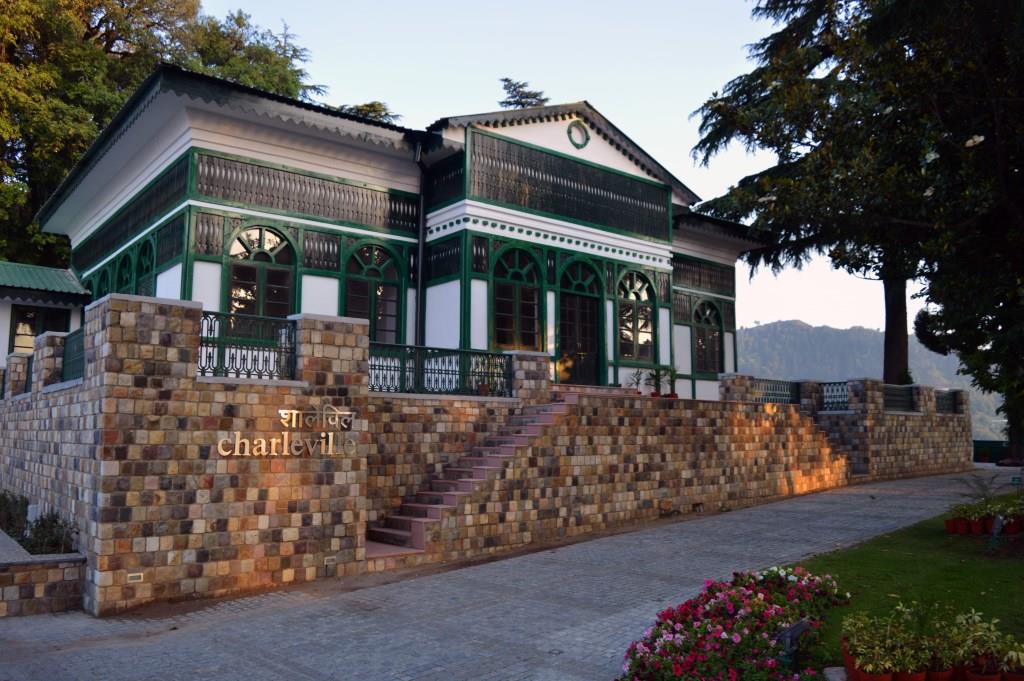An emotionally integrated India offers the best defense against both internal and external threats and challenges. In the context of the freedom struggle, analyse. (200 Words)
Refer - The Indian Express
Enrich the answer from other sources, if the question demands.

IAS Parliament 4 years
KEY POINTS
· India’s independence was not just about the end of colonial British rule. It was also bringing down curtains on the dark age of about 1,000 years that began with the invasion of Mahmud Ghazni in 1001.
· During this long dark period, India lost its soul and inner strength. The people began to rediscover themselves as British colonial exploitation became evident. The freedom struggle brought the people together in the quest to shape their own destiny.
· Assertive nationalists like Lala Lajpat Rai, Bal Gangadhar Tilak and Bipin Chandra Pal believed in bold action. Revolutionaries like Khudiram Bose, Chandrasekhar Azad, and Bhagat Singh took to armed resistance. Netaji Subhash Chandra Bose revived the INA and sought Japanese help to evict the British from India
· Though territorially not integrated, the people had been in different kingdoms and provinces over the centuries, they were bound by shared cultural norms and values. Temples were key instruments of such cultural homogeneity.
· The Quit India movement was the most defining moment of our freedom struggle. The Quit India Resolution adopted on August 8, 1942, stressed that “…the immediate ending of British rule in India is an urgent necessity for both the sake of India and for the success of the United Nations. The continuation of that rule is degrading and enfeebling India making her progressively less capable of defending herself and contributing to the cause of world freedom.”
· Fearing a Japanese invasion from the east and under pressure from the allies to gain the support of Indians for the war efforts, the Cripps Mission was sent to India. But it failed as it fell short of the demand for immediate independence for the country.
· The humiliating experiences of the last millennium should guide us. The first lesson is — united we stand, divided we fall. We need to knit an India based on the principles of democratic-righteous governance that upholds equality of all and equal opportunities for all.
· We need to empower every Indian with the necessary tools to realise his or her fullest potential. A strong sense of Indianness that supersedes all other identities and a deep commitment to national interest should guide our actions.
· As we move closer to celebrate the 75 years of our independence, our motto should be — perform or perish. This applies to all individuals and institutions. Realise your strength, build on them and create a united, prosperous India.

K. V. A 4 years
Pls review

IAS Parliament 4 years
Good attempt. Keep Writing.

K. V. A 4 years